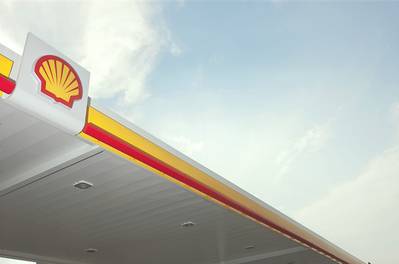The settlement will see the companies pay a $900,000 penalty to resolve these violations, which the EPA said resulted in excess emissions of harmful air pollutants from motor vehicles, which pose public health threats and environmental impacts.
“Fuel standards established under the Clean Air Act play a major role in controlling harmful air pollution from vehicles and engines,” said Cynthia Giles, assistant administrator for EPA’s Office of Enforcement and Compliance Assurance. “If unchecked, these pollutants can seriously impair the air we breathe, especially during summer months when they can reach higher levels. This settlement makes clear that if companies fail to produce fuels that comply with federal standards, they will be held accountable.”
Actions by three companies affiliated with Shell Oil Company—Deer Park Refining Limited Partnership, Motiva Enterprises LLC, and Equilon Enterprises LLC, which does business as Shell Oil Products US—are alleged to have resulted in violations of the provisions of the Clean Air Act that ensure the production, testing and sale of high-quality vehicle and engine fuels in the United States. Specifically, EPA alleged that:
- Shell sold mislabeled diesel fuel—fuel labeled ultra-low sulfur diesel that was actually low sulfur fuel—at two gas stations in Northern Virginia. EPA inspectors discovered the violations at the stations, one of which came after receiving a complaint from a consumer. Low sulfur diesel fuel contains up to 500 parts per million of sulfur; ultra-low sulfur diesel may not exceed 15 parts per million of sulfur.
- Shell sold over 4.2 million gallons of gasoline that exceeded a fuel standard for volatility, known as the Reid Vapor Pressure level, that helps control ground level ozone during summer months. Gasoline with higher volatility results in increased emissions of volatile organic compounds, which contribute to the formation of ground level ozone. Breathing ozone can trigger a variety of health problems, particularly for children, the elderly and people who have lung diseases such as asthma.
- Shell distributed about 700,000 gallons of gasoline from its Sewaren, New Jersey terminal that contained elevated levels of ethanol. Excess ethanol in gasoline can harm emission control components on some vehicles and engines. The Reformulated Gasoline Survey Association, an organization that works to improve industry compliance with Clean Air Act fuel standards, identified the fuel with excess ethanol after surveying Shell retail stations in Irvington, N.J. and Staten Island, N.Y., and notified EPA.
- Shell failed to follow various protocols for sampling, testing, reporting and recordkeeping requirements that help ensure compliance of its fuel with federal standards. Shell proactively reported some of these violations to EPA. Recordkeeping, reporting, sampling and testing violations reduce EPA’s ability to know whether fuels meet certain standards and can lead to increased vehicle emissions.









